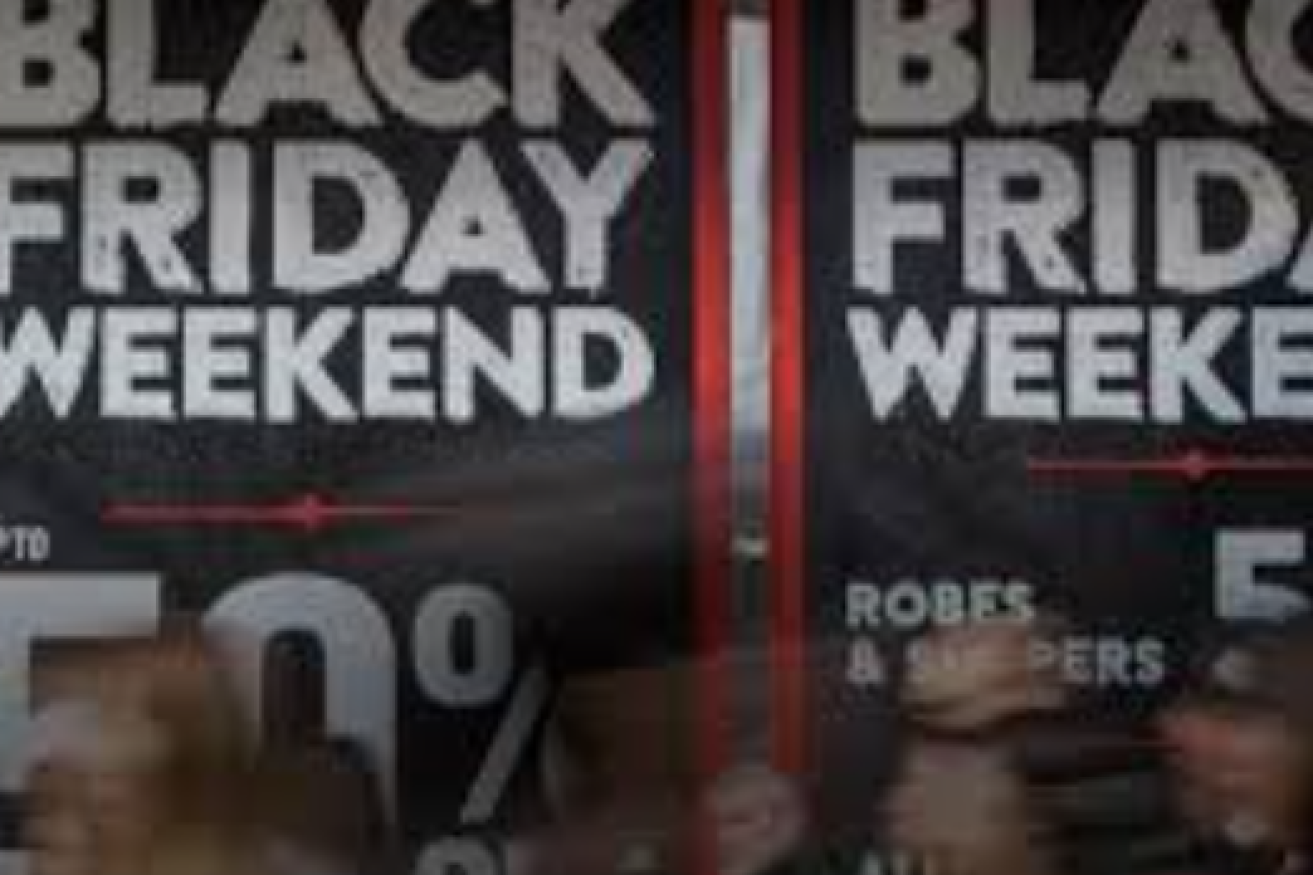How Black Friday stole Christmas and changed the economy
Retail sales throughout Australia in the erstwhile busy shopping month of December plunged almost 4 per cent, highlighting the impact of inflation and the role Black Friday sales were having.


Black Friday sales have impacted Christmas
The Australian Bureau of Statistics data showed that excluding food, retail sales were down 6.5 per cent in December.
The downturn was likely to subtract from economic growth in the fourth quarter.
“The party is over,” IFM economist Alex Joiner said.
The ABS said the December data represented the first fall of the year and was likely the result of cost-of-living pressures. Economists described it as a massive pull-back.
The fall followed a rise in November of 1.7 per cent, boosted by the now traditional Black Friday sales, a US invention that occurs a month before Christmas and signals the start of the seasonal rush.
“The large fall in December suggests that retail spending is slowing due to the high cost of living pressures,” the ABS head of retail statistics Ben Dorber said.
“Retail businesses reported that many consumers had responded to these pressures by doing more shopping in November to take advantage of heavy promotional activity and discounting as a part of the Black Friday sales event.
“Seasonal spending patterns continue to change and evolve around Black Friday and the holiday period.”
Department stores experienced a 14.3 per cent slide. Clothing, footwear and personal accessories fell by 13 per cent, but food retailing bucked the trend with a 0.3 per cent increase.
Queensland’s retail sales were down 3.8 per cent. The worst result was in Victoria and WA, which fell 4.7 per cent.
Because inflation played such a significant role, the real impact may occur in volume figures and Joiner said if they, too, showed a dismal result it may play into the thinking of the Reserve Bank board.
The fall in December was larger than the ones in 2020 and 2021.
It came as credit growth figures for December showed weakest result since 2021.
Business credit growth fell sharply and housing credit slowed in line with forecasts for this year.












